Image
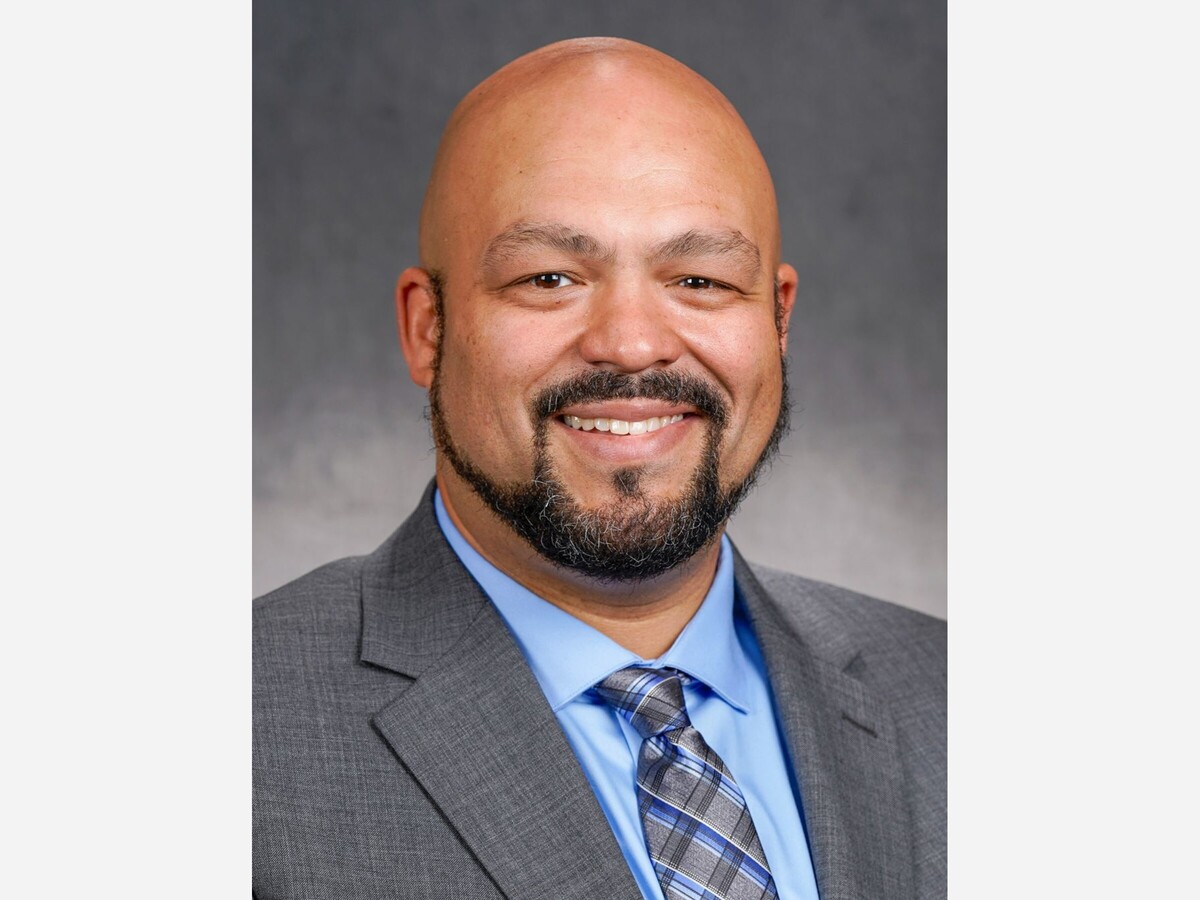
Exclusive interview with Representative Walter Hudson as he shares his vision for individual liberty, public safety, economic growth, education reform, and respectful governance in a polarized time.
By Tom Akaolisa | MinneapoliMedia
As part of our Meet Your Legislator series, MinneapoliMedia’s Tom Akaolisa sat down with Representative Walter Hudson (R–30A), who is serving his second term in the Minnesota House of Representatives. Representing portions of Wright County, including St. Michael and Albertville, Hudson is known for his strong libertarian-conservative philosophy and candid approach to policy.
In this interview, Rep. Hudson shares his vision for individual liberty, public safety, economic growth, education reform, and respectful governance in a polarized time.
Tom Akaolisa: What inspired your political philosophy and vision for government?
Rep. Hudson:
My political vision is rooted in the idea of individual rights—what I believe to be the core of Americanism. The Constitution, while imperfect, was built to be amended and refined over time. Conservatism, to me, isn’t about glorifying the past. It’s about holding onto fundamental values—like owning your own life and living according to your own values—that remain essential safeguards. If I could sum up what I want to accomplish through public policy, it’s preserving the right of individuals to fully own their lives.
Tom Akaolisa: Public safety continues to be a top concern for Minnesotans. What are your priorities in this area?
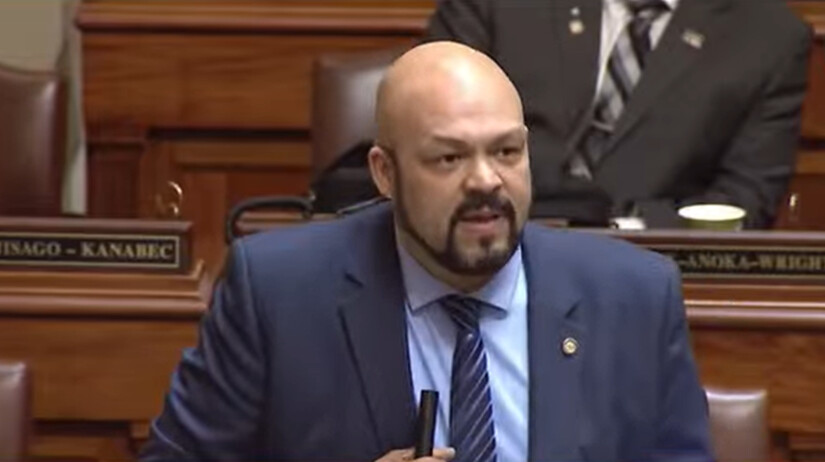
Rep. Hudson:
Unfortunately, public discourse often appeals to the fringes, especially after the George Floyd tragedy, which has shaped policy in ways that, I believe, have harmed safety in Minneapolis and St. Paul. The narrative has veered toward being anti-police. But when I talk to community leaders—from the Somali, African American, and Hmong communities—they’re telling me they want safe streets and functional law enforcement, not police abolition.
We must define civil liberties clearly. You don’t have the right to destroy property or block emergency services. We need to rebuild trust urgently, because officers are leaving, and recruitment is low. Communities are suffering from slow response times—like what happened at Cedar-Riverside with a tragic suicide where help took hours to arrive.
Tom Akaolisa: What reforms do you support to improve educational outcomes across Minnesota?
Rep. Hudson:
I’m a strong advocate for school choice. Parents—not bureaucrats—should direct how children are educated. Minnesota used to be a national leader in education, but today we’re seeing alarming trends: half our students can’t read or do math at grade level.
The state micromanages how districts spend money. For example, a school wanted to upgrade its PA system with new features but was told it likely didn’t qualify under long-term facilities maintenance rules. That rigidity leads to deficits even after “historic” funding increases. Local control and flexibility are key. We made progress this session with more flexible funding, but more needs to be done.
Tom Akaolisa: How do you see the relationship between state and local government, especially when it comes to housing?
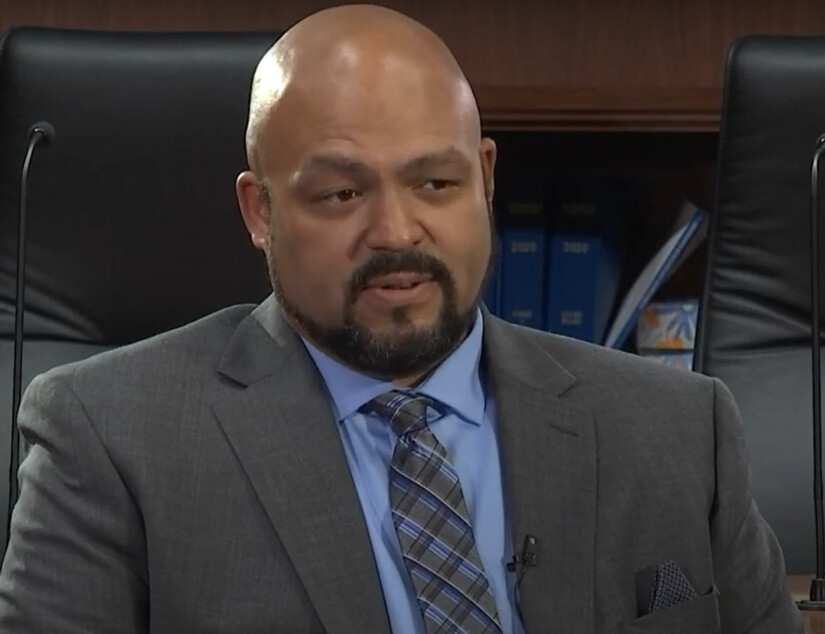
Rep. Hudson:
There’s real tension between local control and statewide consequences. Cities want to maintain zoning authority, but we have a housing crisis. The average age for first-time homeownership is 38, and starter homes under $300,000 are nearly impossible to find.
Policies from cities like Minneapolis—around public safety or housing—don’t stay within city limits. Crime spills into suburbs and exurbs. So, when local decisions start infringing on the rights and well-being of residents in surrounding communities, state involvement becomes a necessary conversation.
Tom Akaolisa: Minnesota’s economy is evolving. What’s your vision for fostering growth and attracting jobs?
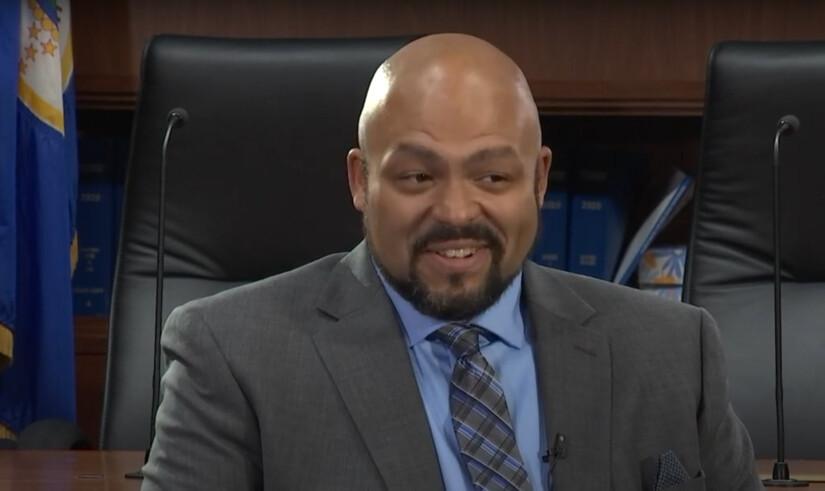
Rep. Hudson:
At the heart of a healthy economy is production. Money represents value—and value comes from people producing goods and services. When the government focuses only on need, it creates entitlement without recognizing the labor behind provision. We’re seeing the effects of this with inflation driven by massive federal spending.
To grow the economy, we need stability. Businesses can’t plan long-term when the regulatory climate changes constantly. Predictability is essential. Also, I believe we should begin developing a long-term model of funding government through generational investment rather than taxation. It’s unconventional, but if we had the discipline, we could eventually fund services without taxing anyone directly.
Tom Akaolisa: Do you support any incentives to stimulate job creation?
Rep. Hudson:
Absolutely, but first we need to reframe how we view jobs. A job is a voluntary agreement between an employer and an employee—both sides gain value. If we make it unprofitable to create jobs, businesses won’t do it. This adversarial view of employers as villains only hurts workers.
Employees have power too—businesses can’t function without them. We need mutual respect and fewer regulations that treat job creation like a punishment.
Tom Akaolisa: How do you navigate today’s polarized political climate while staying true to your convictions?
Rep. Hudson:
I treat politics like I do other relationships—with grace, patience, and a willingness to listen. But when someone crosses a line or proposes something harmful, it’s okay to push back firmly. The media often highlights sensational moments, but real work happens quietly—across tables and in hallways.
Civil discourse doesn’t mean avoiding conflict. It means having the courage to talk honestly, even across differences.
Tom Akaolisa: Healthcare access and affordability remain concerns. What changes do you support?
Rep. Hudson:
Healthcare has become disconnected from how other markets operate. I don’t know what I’m paying when I go to the doctor—the insurance company does. That lack of transparency is a huge problem.
We need to return to a model where routine and preventative care functions like other services. Let patients shop around, compare costs, and make informed decisions. Insurance should be for catastrophic care, not every interaction. True reform must start at the federal level, but we can begin to restore choice at the state level too.
Tom Akaolisa: What has surprised you most since taking office?
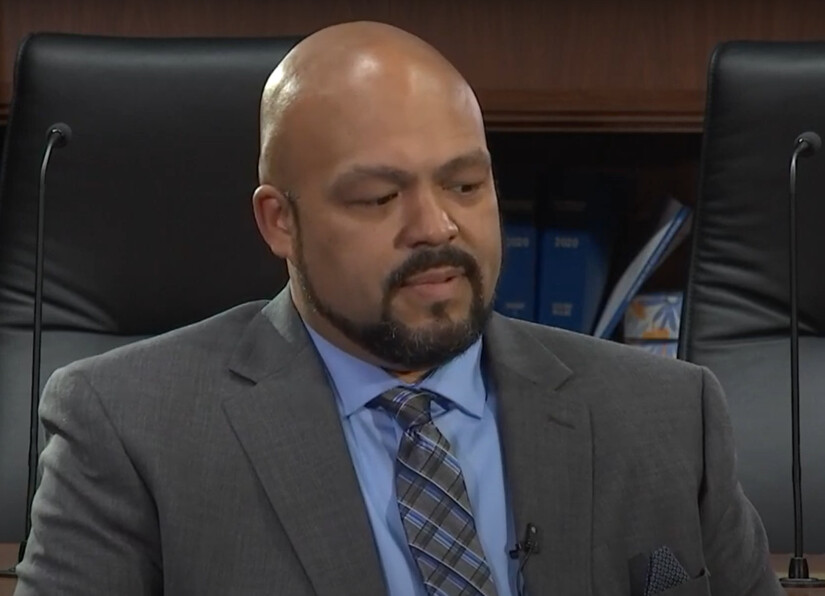
Rep. Hudson:
The Independence. There’s no one telling you what to do. You create your schedule, decide what committees to join, what bills to carry, and how active you’ll be. I was also surprised by how much power committee chairs hold. You can introduce 200 bills, but none of them matter if a chair won’t hear them. The process is heavily shaped by which issues leadership allows to move forward.
Tom Akaolisa: How do you ensure that all constituents’ voices are heard—even those who disagree with you politically?
Rep. Hudson:
Every legislator has 40,000 bosses. Some will disagree with you—that’s part of democracy. I may disagree with Governor Walz, but he’s still my governor. I’ve had productive partnerships with Democrats like Rep. Heather Keeler on issues like Indian child welfare. I’ve learned a lot from these collaborations.
We found common ground on keeping children in culturally familiar environments during foster placements. Family preservation is a conservative value too. Honest conversations can lead to real policy solutions, even across party lines.
Tom Akaolisa: Finally, what message would you like to share with Minnesotans about your goals and commitment to District 30A?
Rep. Hudson:
My goal is to help build a Minnesota that my children—and their children—can thrive in. I want our state to be safer, more prosperous, more productive, and more joyful. People want dignity in work, safe neighborhoods, meaningful relationships, and better opportunities for their kids.
We’ve drifted from that vision, but I believe we can return to it—by respecting each other, protecting liberty, and planning wisely for the future.
Conclusion
As Rep. Walter Hudson continues into his second term in the Minnesota House, he remains a committed advocate for individual liberty, parental empowerment, and economic sustainability. Whether challenging state overreach or working across the aisle on child welfare, Hudson remains focused on shaping a Minnesota rooted in responsibility, opportunity, and community.
Stay tuned for more interviews in MinneapoliMedia’s Meet Your Legislator series.